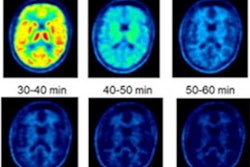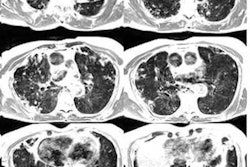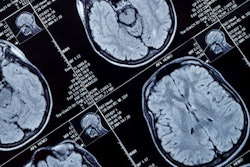Dear MRI Insider,
In recent years, concerns have grown about the effect of head impacts on youth football players, particularly the extent to which they damage white matter and lead to later-life neurological impairment. But data addressing the question have been conflicting.
In this edition's Insider Exclusive, we're highlighting a study from a group of researchers from Wake Forest School of Medicine in Winston-Salem, NC, that used MRI to detect changes in the brains of youth football players who were exposed to head impacts.
Make sure to check out a related study in which the authors found that cardiac MRI improves the detection of COVID-19-induced myocarditis in college athletes. Then take a look at our coverage of research that suggests that low-field MRI could be an effective, no-radiation alternative to CT for imaging lung disease, as well as a study that shows that particular brain MRI findings in some COVID-19 patients appear to be linked to the presence of the SARS-CoV-2 virus in cerebrospinal fluid -- and what that might mean for clinicians caring for these patients.
Plus, find out what a South Korean team discovered about the efficacy of supplemental screening MRI for identifying interval breast cancers, as well as why researchers from Johns Hopkins University say that using preoperative functional MRI to plan brain tumor resection reduces negative postsurgical outcomes.
Over and over, MRI demonstrates how it can be used to not only improve patient care but also reduce negative outcomes. To stay current on how clinicians are using the technology, make sure to visit our MRI Community regularly.





















